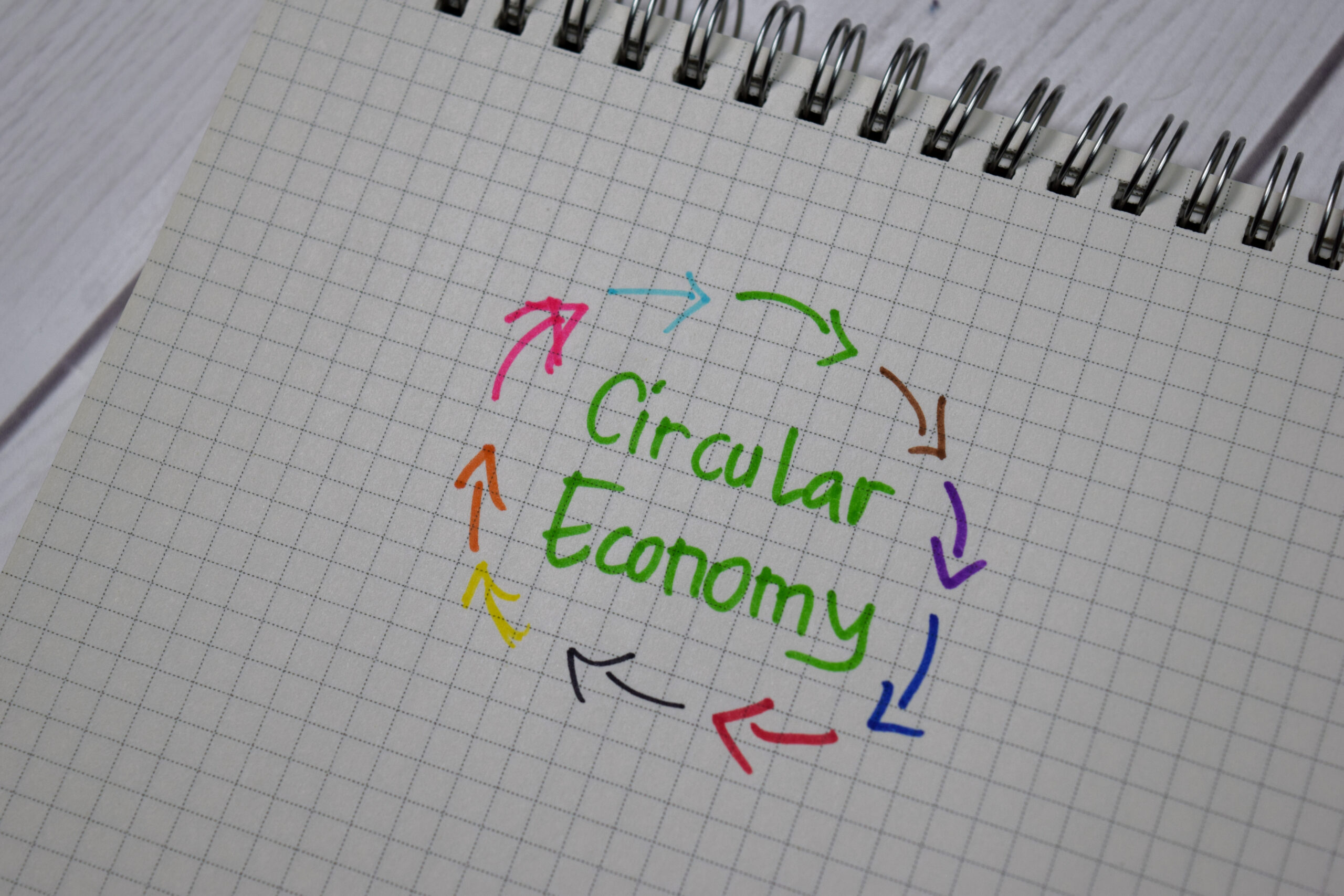Sophia Haywood, Head of Advocacy & Communications at Dimeta, explains what recycled carbon fuels are and why we should take more note.
At Dimeta, our first Renewable & Recycled Carbon DME plant in Teesside will produce half renewable fuel, half recycled carbon fuel – as MSW is a mix of biogenic and non-biogenic waste.
What are Recycled Carbon Fuels (RCFs), you ask? RCFs are produced from non-renewable waste that cannot be prevented, reused or recycled. For example, this would include the ‘non-biogenic’ part of municipal solid waste (MSW), such as non-recyclable plastic, things like tyres or industrial waste gases. These feedstocks can be turned into fuels such as Sustainable Aviation Fuel or diesel replacements, as well as DME.
While RCFs are not made from ‘renewable’ feedstocks, they have many environmental benefits. Turning waste into fuel is a more efficient use of this resource than burning or landfilling it in the UK or abroad, and it can prevent the local pollution sometimes associated with landfills. RCFs can save significant greenhouse gas emissions compared to fossil fuels, and when combined with Carbon Capture Usage & Storage (CCUS), the emissions can be slashed even further.
RCFs have been recognized by the Department for Transport as playing a role in UK decarbonisation when they recently consulted on how the Renewable Transport Fuel Obligation (RTFO) can support RCFs. The European Union are also currently consulting on RCFs and their role in supporting the transition to Net Zero.
It is that concept, a transition to Net Zero, which highlights the importance of RCFs. All fuel sectors have an enormous task ahead to displace fossil fuels with sustainable ones. In addition, biomass feedstock are not endless – it is for this reason we need to maximise fuels from non-biogenic and waste sources.
Whilst over time, we will reduce the amount of waste we produce, recycle more, re-use more – there will always be a considerable portion of unavoidable waste. Why send this to landfill or burn it inefficiently, when we could create a fuel that provides a solution for hard-to-electrify homes, businesses and industries off the gas grid.
So, when it comes to RCFs watch this space – I expect to be hearing more about the role these fuels can play not just in the UK, but in Europe and beyond.

Sophia Haywood
Head of Advocacy & Communications
